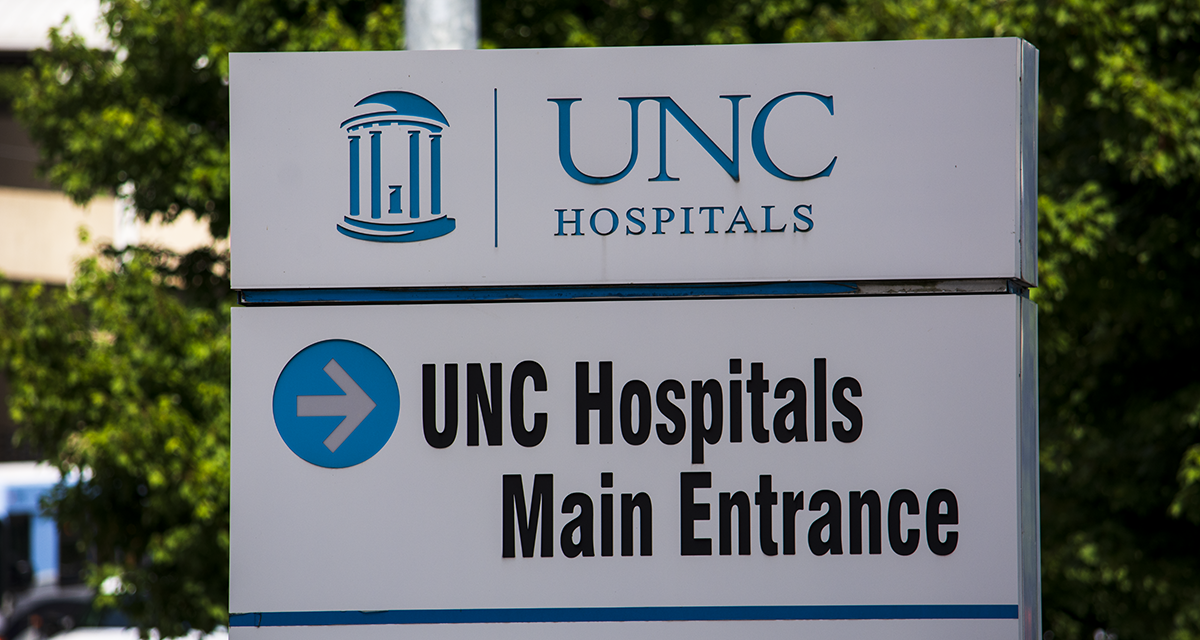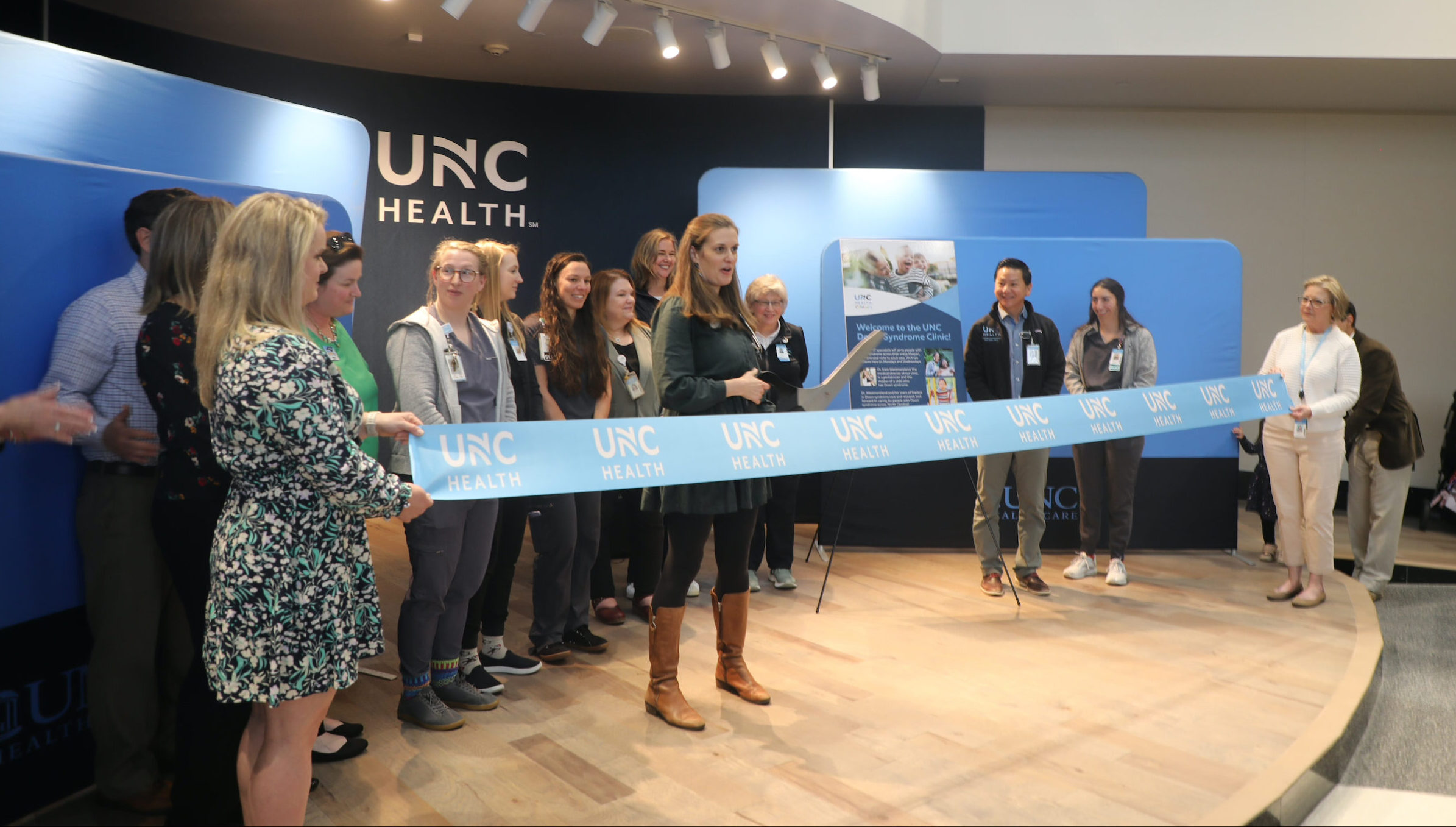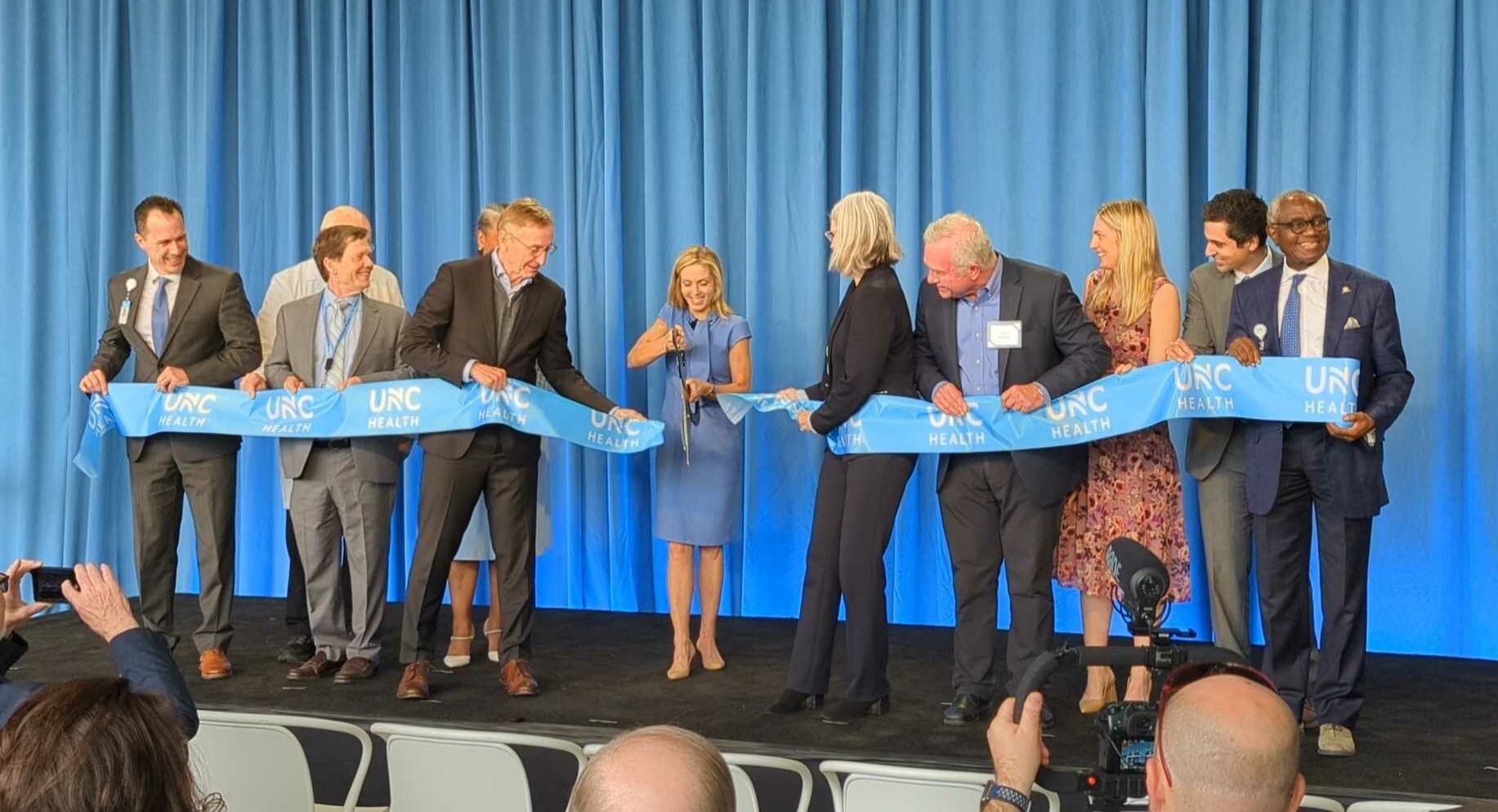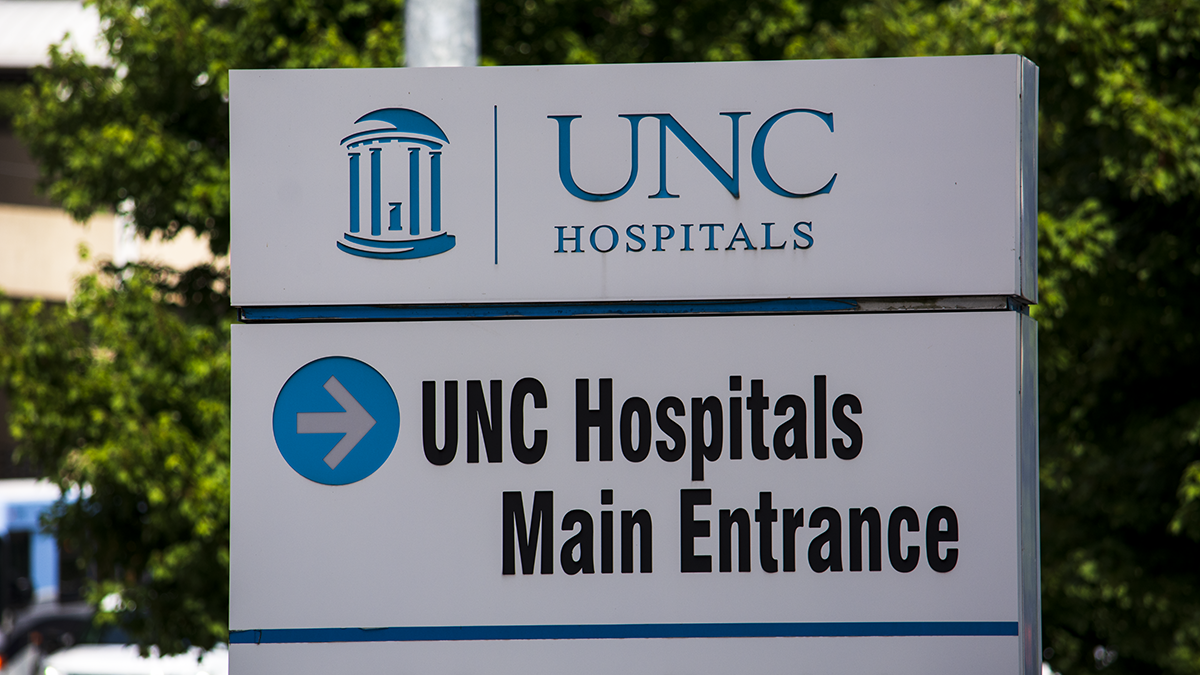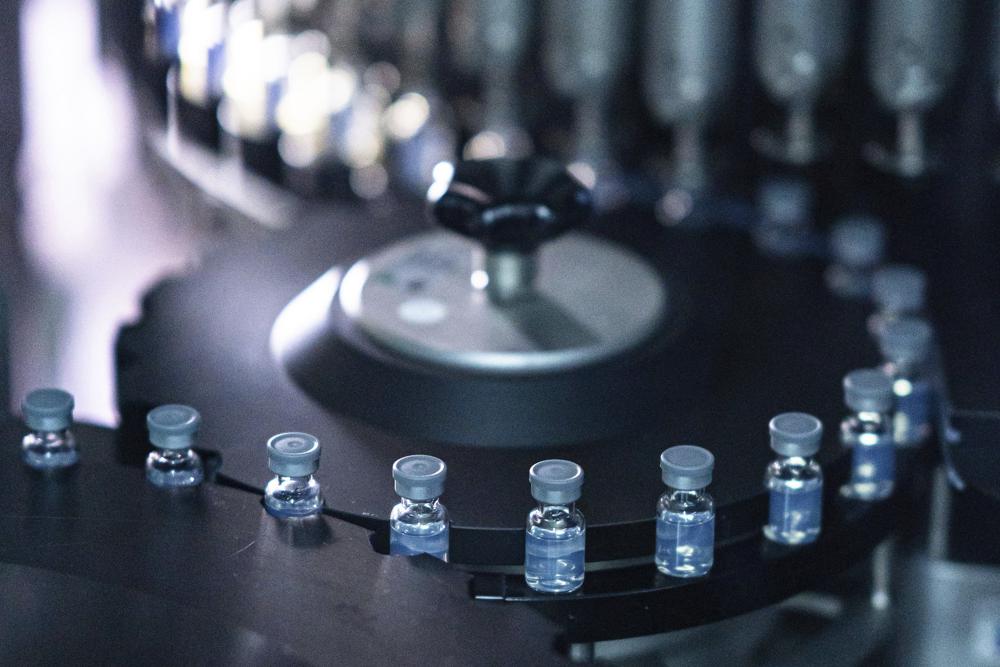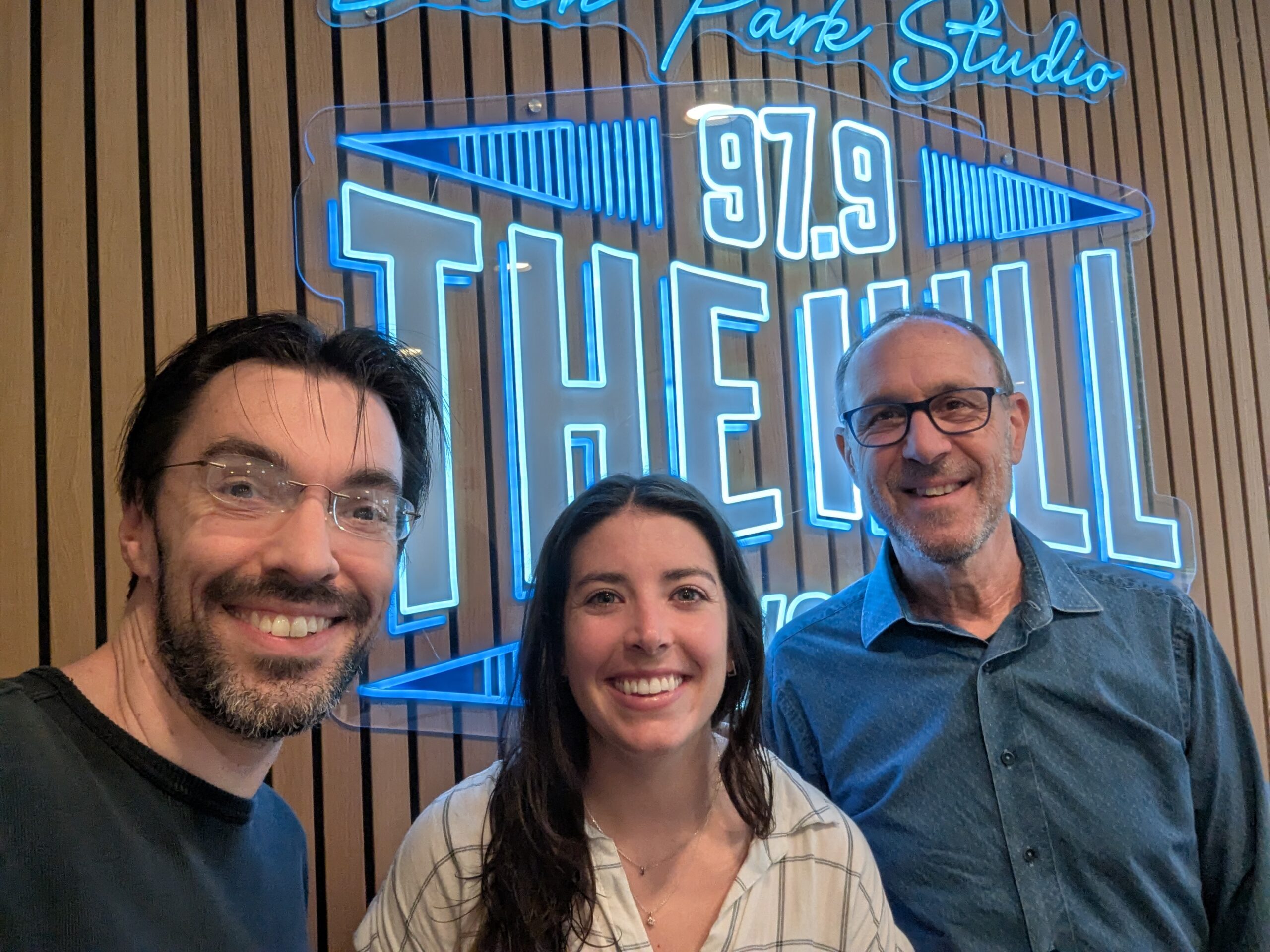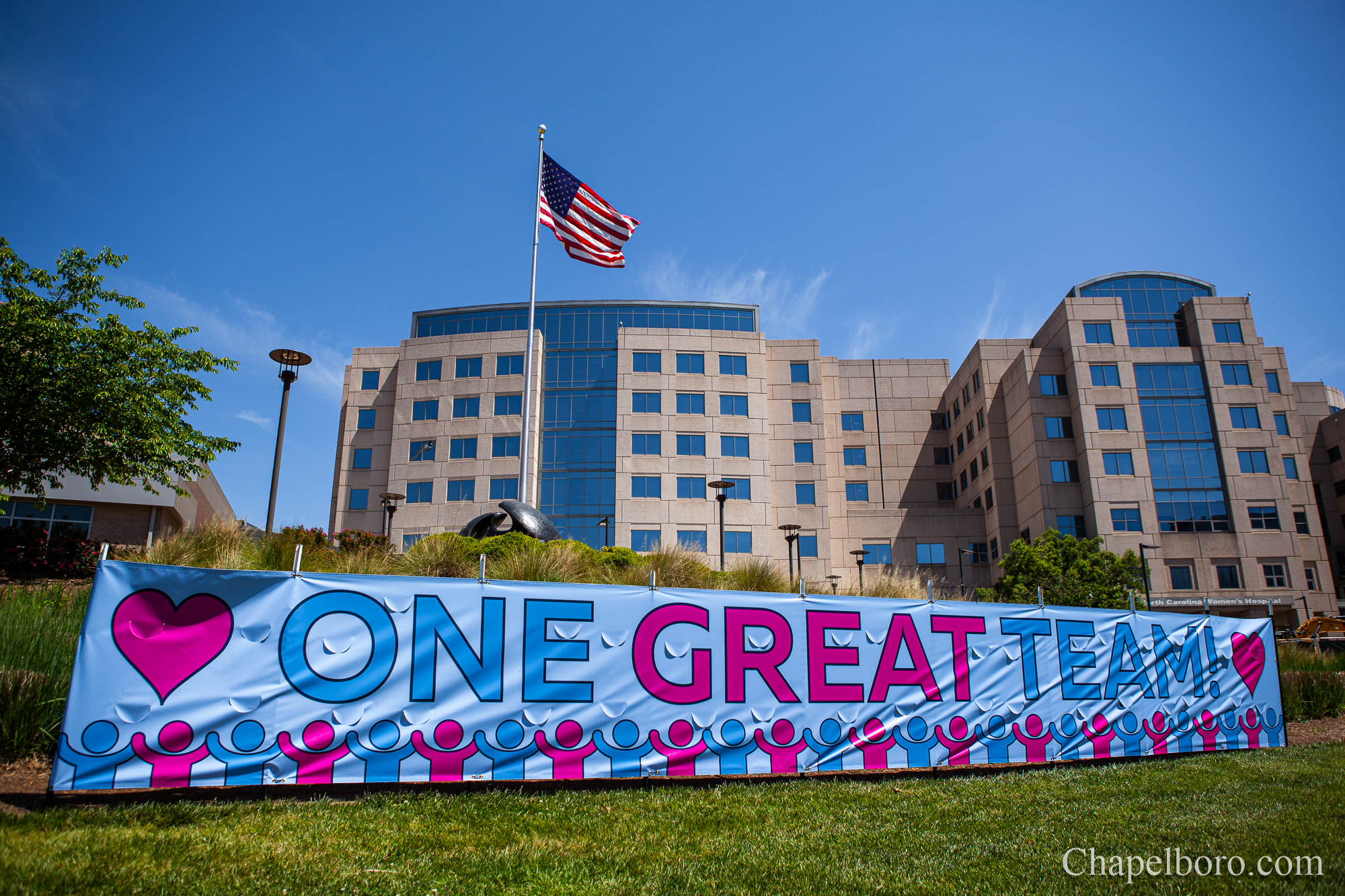As the spread of the coronavirus forced hospitals to reduce visitors, a team at UNC Health created a solution early on to help connect patients and their loved ones.
As UNC Health officials began preparing to confront the coronavirus, one of the earliest changes to system policy was a reduction of visitors to hospitals and clinics. This meant that patients would soon face hospitalization without the emotional support and comfort of their families and friends.
Suzanne Herman is the executive director for patient experience at UNC Health. Herman said the UNC Health system quickly realized that it needed a way for patients and families to communicate virtually.
“Here at UNC we practice a patient-family centered care,” Herman said. “The care partners, the family care giver, whoever the patient considers to be family – they’re such an important part of the care of our patients and so we really want to keep them in this partnership even if they aren’t physically here in the room with patients.”
The solution was simple, but required a little bit of innovation and creativity. First, they needed technology. As many patients didn’t have access to their own smartphones or tablets, or were too sick to use them, new ideas were harnessed to fill the gap.
Herman said they were able to leverage many unused devices and tablets from UNC and received donations from the UNC Health Foundation – which was already securing money for a COVID-19 Response Fund.
“So we were able to leverage really hundreds of iPads across the system to be able to use with patients in the ICU, patients that don’t have a device of their own, and then really equip a group of rounders who stood up around different hospitals to help assist those patients,” Herman said.
Rounders in hospitals are healthcare providers who discuss the patient’s condition and coordinate care. In this case, this team of rounders were specifically assigned to work with COVID patients, provide someone to talk to and help facilitate calls to loved ones.
Herman said having a dedicated group of people to attend to a patient’s emotional needs has really enhanced the Carolina Care they exhibit every day – pandemic or not.
“Another piece of Carolina Care that we embrace here at UNC is called ‘a moment of caring’,” Herman said. “That means every patient, every shift, we do go in and spend time with patients not providing their care, not attending to their IVs or medication, but really sitting down and talking with them about what’s important to them about their family.”
While this use of technology and innovation was a byproduct of the pandemic, Herman said she expects this new way of providing care to stick around as it benefits more than just patients with COVID-19.
“We have patients come from all across the state to our different hospitals so I think even during a non-pandemic time this will be a really important added component of how we care for patients and include their families as care partners,” Herman said.
Chapelboro.com does not charge subscription fees. You can support local journalism and our mission to serve the community. Contribute today – every single dollar matters.

